Don’t Underestimate This Wire Transfer—The “Retirement Money” Brought by Chinese Nationals to Thailand May Turn into a “Tax Bomb”
他从没想到,一场养老梦会被一笔“看起来无比合理”的转账彻底搅乱。那天,他照常打开手机准备查看银行余额,界面却弹出“账户异常,暂时冻结”的红色提醒。随即,接到银行的电话,对方的口气突然变得严肃:“先生,您的账户已被税务部门关注,请您配合调查资金来源。”他脑袋“嗡”地一下——他没有做生意,也没有非法收入,只是把自己在青岛卖掉的那套老房子的钱,换成美金带到泰国,想安安心心把在曼谷订的公寓尾款交了,就彻底在这边养老了。
He never imagined that his dream of retiring abroad could be upended by a wire transfer that seemed perfectly legitimate. That day, as usual, he opened his phone to check his bank balance—only to be greeted by a red alert: “Abnormal Account Activity – Temporarily Frozen.” Then came a phone call from the bank, the tone of the representative unusually serious: “Sir, your account has been flagged by the tax authorities. Please assist us in explaining the source of your funds.” His mind went blank. He wasn’t running a business, nor did he have any illegal income. He had simply converted the money from selling his old apartment in Qingdao into U.S. dollars, brought it to Thailand, and planned to use it to pay off the remaining balance on a condo he had purchased in Bangkok—a step toward settling down for his retirement.

他只是把卖房钱带来养老
He Just Brought His House Money to Retire
这笔钱的来龙去脉再清楚不过。那套房子是他2002年在青岛李沧区买下的老房子,二十多年了,卖掉也不是为了赚钱,而是为了给自己换一个晚年生活的方式。他早在2017年就开始在泰国生活,每年有300多天都待在这里,早市逛得比本地人还熟。他早早打算好老年生活要过得慢一点、松一点,于是干脆定了曼谷一套小公寓,想着全款买下,图个心安。
The origin of the money couldn’t have been clearer. The apartment was an old property he had bought back in 2002 in Licang District, Qingdao. After more than two decades, selling it wasn’t about making a profit—it was about changing his lifestyle for retirement. Since 2017, he had already been living in Thailand, spending over 300 days a year there—so familiar with the morning markets that locals saw him as one of their own. He had planned to enjoy a slower, more relaxed pace of life and had decided to buy a small condo in Bangkok outright for peace of mind.

于是他卖掉房子、换成美金、带进泰国,再存进银行账户,一步步都按着合法流程走。但谁料到——正是这笔他从中国合法所得的“养老钱”,却在泰国被直接扣上了“2024年收入”的帽子。账户冻结、全城查账、税务问责……每一步都像掉进了黑洞。他带着一沓证明材料奔走于银行和税务局之间,试图解释这是“自家卖房的钱”,不是收入。但回应永远是冰冷的政策规定:“汇入即计税”。
He sold the property, converted the proceeds into U.S. dollars, brought the money into Thailand, and deposited it in a local bank account—each step taken legally. But unexpectedly, the very retirement funds he had legally earned in China were now being classified in Thailand as 2024 income. The result? Account frozen, citywide scrutiny, and tax investigations—each step felt like falling into a financial black hole. Carrying a thick folder of documents, he ran between the bank and the revenue department trying to explain that the money came from selling his own home—not income. But the responses were always cold and bureaucratic: “All inbound funds are subject to taxation.”
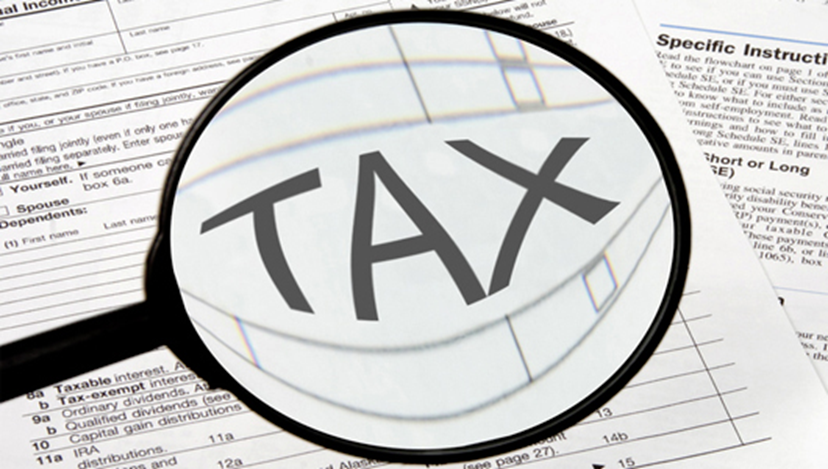
原来是“收入”惹的祸
It Was the Word “Income” That Got Him
他起初以为,只要把证据交齐,事情就能说得通。结果他万万没料到,真正的“雷”是藏在2024年开始实施的一项新税令里。泰国税务局根据新规,认定:只要你在泰国居住时间超过180天,就被视为“税务居民”;而只要你把境外资金汇入泰国账户,不论这笔钱是哪年挣的,是工资、是卖房、还是红利,都一律按“当年收入”计入个税。
At first, he thought that once he provided the right paperwork, everything would be fine. What he didn’t expect was that the real trap lay in a new tax rule implemented in 2024. According to the updated policy, Thailand’s revenue authorities now consider anyone who resides in Thailand for more than 180 days as a tax resident. Furthermore, if you transfer foreign income into Thailand—regardless of when or how it was earned (salary, property sale, dividends)—it is treated as income for the current year, and taxed accordingly.
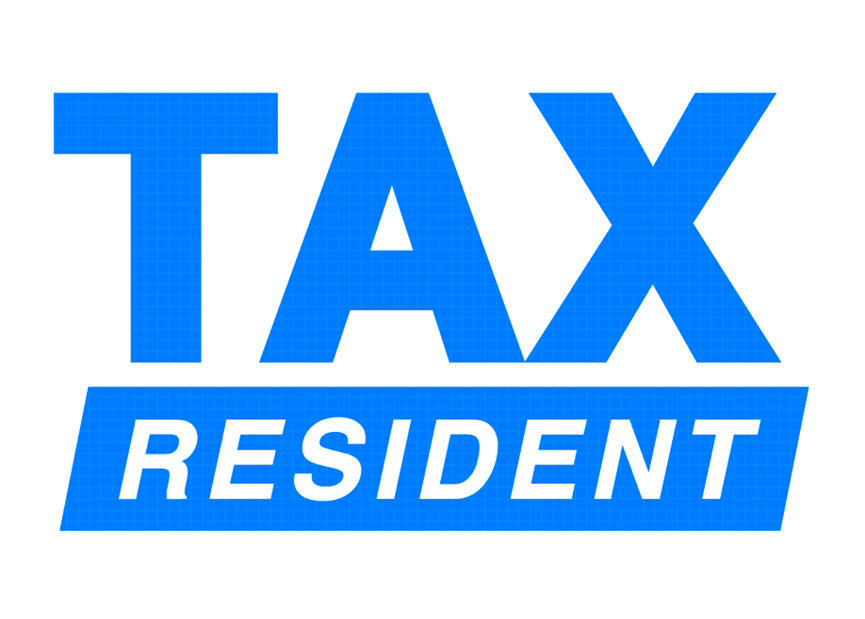
换句话说,不管你在中国交过多少税,只要钱进了泰国账上,就必须再交一次。这一下,他那笔卖房款——合计1400万泰铢——直接被认定为年度应税收入,需补缴超过600万泰铢的税款。税局的态度很明确:如果不补税,不仅账户被冻结不予解封,甚至还可能被追究“逃税”的法律责任。
In other words, it doesn’t matter how much tax you’ve already paid in China. The moment your money hits a Thai bank account, you may need to pay tax again. In his case, the proceeds from the sale of his home—around 14 million baht—were immediately classified as 2024 taxable income, triggering a tax liability of over 6 million baht. The tax authorities were unequivocal: failure to pay would not only keep his account frozen, but could also lead to charges of tax evasion.
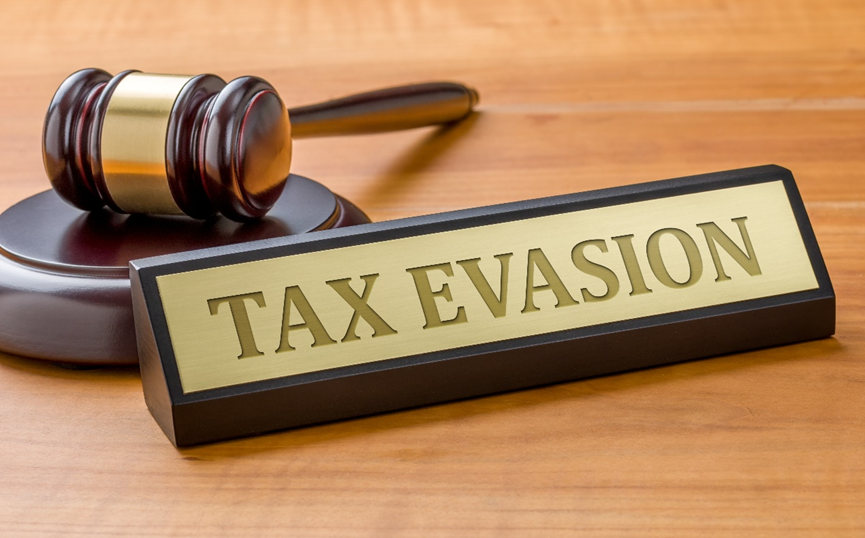
2024年泰国的税法变了
Thailand’s Tax Law Changed in 2024
让他措手不及的,不只是金额之高,而是这条政策变化得太突然。2024年1月1日,泰国税务局正式执行一项内部指令:Paw 161/2566号令。新规明确,所有被认定为税务居民的人——包括泰国人,也包括那些在泰国待满180天的外国人——只要有海外所得汇入泰国,就必须纳税,不管那笔钱是哪年赚的。
What shocked him wasn’t just the massive tax bill—it was how abruptly the policy changed. On January 1, 2024, the Thai Revenue Department officially began enforcing a directive—Paw 161/2566. This regulation made it clear that anyone deemed a tax resident—Thai citizens or foreigners spending more than 180 days in Thailand—must declare and pay tax on all foreign-sourced income remitted into Thailand, regardless of when the income was earned.
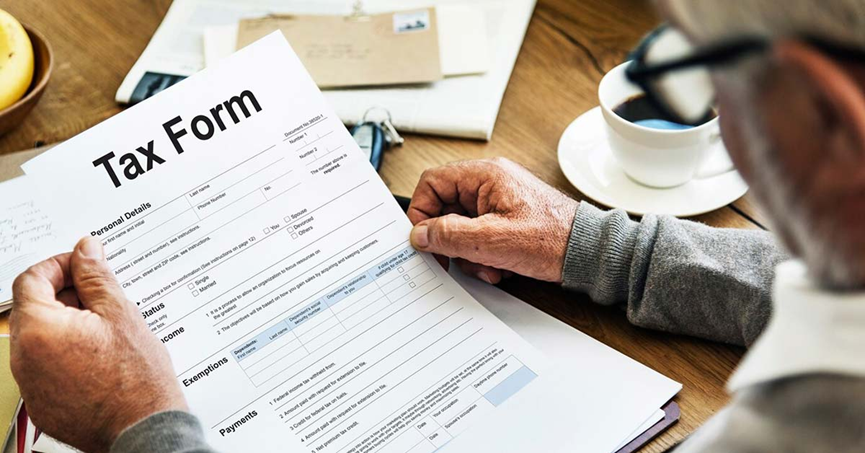
哪怕是十几年前的工资、十年前的分红、甚至是你二十年前买的房子卖掉的钱,只要今年汇入泰国账户,一律视为“2024年收入”。这就是他明明是在中国卖的房,哪怕附上发票、交易合同、过户记录、汇款凭证……在新规面前统统无效。制度的变动从不通知个人,它只在你“不小心碰上”的那一刻才露出冷冰冰的牙。
Even if the money was from wages earned ten years ago, dividends received long ago, or proceeds from a house sold two decades ago—if it is transferred into a Thai bank account in 2024, it is deemed 2024 income. That’s why, even though he provided all the documentation—sales contracts, transaction records, remittance slips—it didn’t matter under the new rule. Policy shifts don’t come with a courtesy notice—they show their teeth when you unknowingly step on the wrong spot.
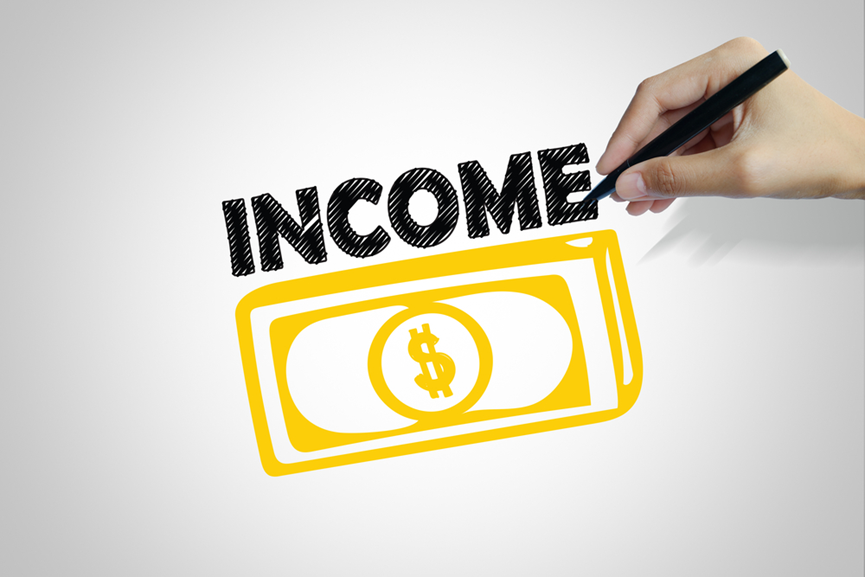
这三类收入,别轻易动!
Which Homes Are Gaining Popularity?
很多人误以为,只要不是在泰国挣的钱,就跟泰国税务局没关系。但根据新政,只要你是税务居民,只要你把钱汇进来,不管是哪年赚的,它都能变成你“今年的收入”被征税。最容易“踩雷”的几类钱,就是下面这些:
Many assume that if money wasn’t earned in Thailand, it shouldn’t concern Thai tax authorities. But under the new regulation, if you are a tax resident, any funds you bring into Thailand—regardless of origin or timing—can be considered current-year income and subject to taxation. The following categories are particularly prone to triggering issues:
◎工资和奖金:哪怕是在中国公司打工赚的,只要打进泰国账户,就要申报;
Salaries and bonuses: Even if earned from a Chinese employer, once transferred to a Thai account, it must be reported;
◎房产出售所得:在国内卖房套现属于资本利得,金额一大就特别容易被盯;
Proceeds from real estate sales: Capital gains from selling property, especially large amounts, are closely watched;
◎投资收入:包括股息、红利、利息等,一旦动用、提现、转账,就有风险。
Investment income: Including dividends, interest, and capital gains—using, withdrawing, or transferring these funds can raise red flags.
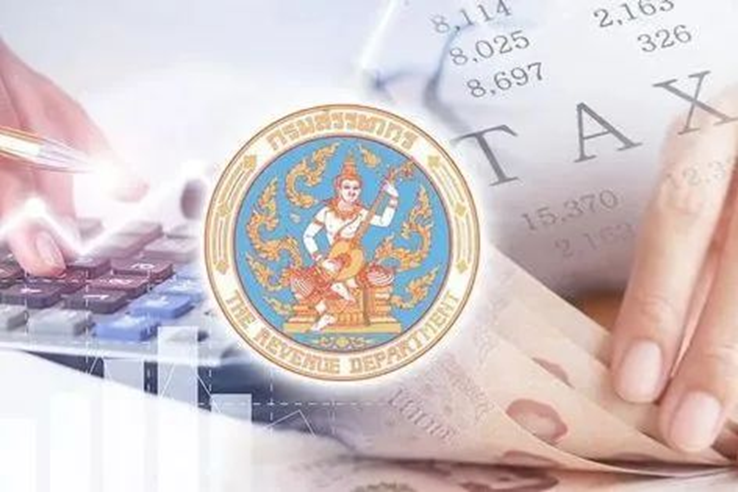
泰国采用累进税率,收入越多,税越重:
Thailand imposes a progressive income tax, with higher earnings taxed at higher rates:
◎0-15万铢免税,
Up to 150,000 baht: Exempt
◎超过500万铢部分,税率高达35%。
Income over 5 million baht: 35%
简单说,如果你卖房得了1400万铢,一不小心就要被追缴400-600万的税。不是你不讲理,是系统认定你得“讲道理”。
Put simply, if you earned 14 million baht from a property sale, you could be required to pay between 4 to 6 million baht in taxes. It’s not about whether you think it’s logical—it’s about how the system defines logic.
你是不是税务居民?
Are You a Tax Resident?
被“税务居民”这个词搞懵了——我又没入籍,怎么就成税务居民了?但根据泰国《税法》第41条规定,只要你在一年中待在泰国超过180天,不管你有没有身份、有没有工作签,只要人在这儿,系统就认定你是税务居民。简单粗暴,却极有效率。
People often find the term “tax resident” confusing. “I’m not a citizen, how can I be a tax resident?” But under Section 41 of the Thai Revenue Code, anyone who stays in Thailand for over 180 days in a calendar year—regardless of visa or employment status—is considered a tax resident. The definition is simple, blunt, and effective.
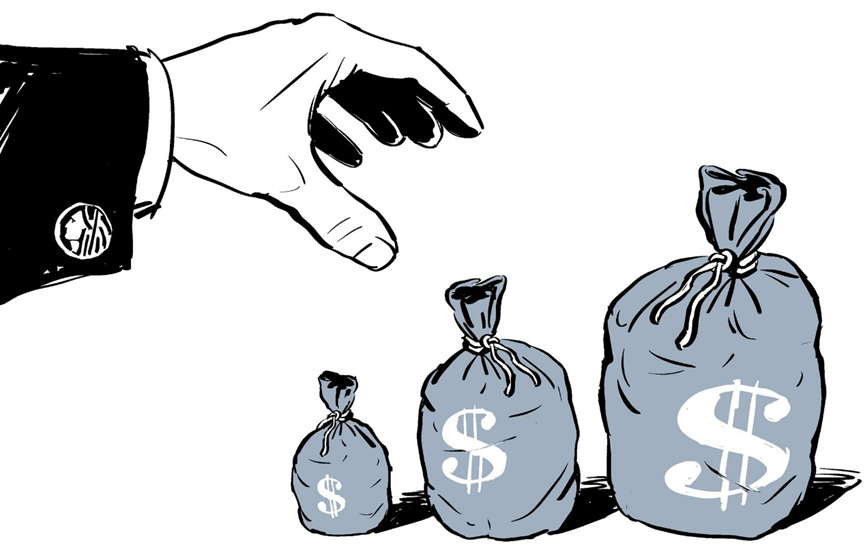
而一旦你成了“税务居民”,那你从全世界挣来的钱,泰国都有权向你征税。这种“全球征税制”其实很多国家都有,美国是最典型的,但泰国之前执行不严,大多数人也就睁一只眼闭一只眼过去了。可2024年开始,局面变了:数字化系统配合反洗钱机制,只要你在泰国开户、转账、进账,都有记录,税务局一键查询,立马就知道你是不是“动了境外的钱”。
And once you're classified as a tax resident, Thailand reserves the right to tax your global income. This global taxation model is common in many countries—the United States being the most notable. But in the past, Thailand was lenient in enforcement, so most people got by unnoticed. That changed in 2024: with a digitized system linked to anti-money laundering protocols, any deposits, transfers, or withdrawals in Thai bank accounts are tracked and traceable. The tax authorities can easily detect any movement of foreign funds.
如何合法避坑
How to Legally Avoid the Pitfalls
听完这事,不少在泰国做生意的朋友都开始紧张了:那我之前的款算不算?以后还能不能打钱过来?其实像他这种“明明不是收入却被扣税”的情况,并非个案。泰国律所给出的建议也很现实:别想着“说得通”,得从一开始就避开“触发点”。
After hearing this case, many businesspeople in Thailand began to worry: “Will my past transfers be affected? Can I still send money here?” In fact, his situation—where money that clearly wasn’t income was still taxed—is not unique. Thai law firms have offered realistic advice: don’t rely on explanations after the fact. The safest approach is to avoid triggering any red flags from the start.

最直接的方式,就是避免在泰国连续居留超过180天,不让自己落入税务居民的身份;其次,境外收入尽量不汇入泰国,保留在境外银行,或者用离岸公司、信托结构进行资金隔离。如果一定要汇,也要提前规划好用途,比如作为“生活费”“医疗支出”“子女教育费”等明确标签汇入,能大幅降低被误判为“收入”的风险。尤其是做生意的人,千万别心大,一笔资金打进来,后果可能比“罚点钱”严重得多。
The most straightforward method is to avoid staying in Thailand for over 180 days, thereby avoiding tax residency. Next, avoid remitting foreign income to Thailand—keep the funds in offshore accounts or use offshore companies and trusts to isolate personal finances. If funds must be transferred, clearly label their purpose in advance—such as living expenses, medical costs, or children’s education fees—to reduce the risk of being misclassified as income. This is especially important for business owners: one poorly planned transfer can result in much more than just a fine.

资产跨境,本就不是件随意的事,一旦触发机制,损失的可能不仅是钱,还有自由。
Cross-border financial activity is never trivial. Once a system is triggered, you may lose more than just money—you might lose your freedom.
所以别再觉得“自己卖的房、自己挣的钱,想怎么用就怎么用”这套逻辑,在泰国依然适用。一旦你跨过国界,很多看似合理的事,都可能在别人的系统里变成“违规操作”。税,是拿不准、说不清的灰色地带,但系统识别和政策执行,却是实打实的“黑白分明”。
So stop assuming that “it’s my money, I can do what I want with it.” Once you cross a border, things that seem reasonable to you might be deemed violations by another country’s system. Tax policy is often gray, but systems and enforcement are black and white.

对于那些准备在泰国养老、投资、开公司的中国人来说,一定要明白:不是“你怎么想”,而是“他们怎么认定”。税务规划这件事,不是等出事了才想怎么补救,而是从第一笔钱动之前,就要设计好路径和解释逻辑。
For Chinese nationals planning to retire, invest, or start businesses in Thailand, one thing is clear: it’s not about what you believe, but how they classify it. Tax planning isn’t about damage control after the fact—it begins before the first transfer is made, with a well-thought-out path and explanation in place.
否则,你原本计划安安稳稳地过个好日子,可能就因为一笔没想清楚的转账,被迫上演“人财两空”。
Otherwise, the peaceful life you envisioned may collapse because of one ill-considered transaction—leaving you with neither your money nor your peace of mind.







